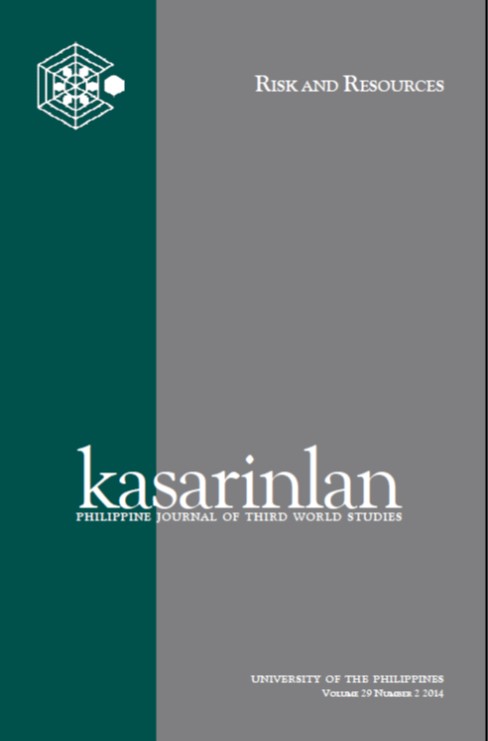Social Movements as Agents of Revolutionary Change in Egypt: The Decreasing Returns of Path Dependence
Abstract
Using the post-Tahrir political trajectory (2011–2015), this paper aims to
address the limits to the capacity of old and new social movements in constructing a new order by examining the effectiveness and adaptability of a repertoire of methods in the past to new situations and environments, and whether path dependence engenders or decreases the return of both old and new social movements. Three years after the January Revolution of 2011, new and old social movements that took part in initiating the revolution and sustaining it until the overthrow of the authoritarian regime were at a loss to find in their now common repertoire any skills or techniques useful in shaping political change in the country in the way each of them had hoped for. Both were
haunted by path dependence (falling victim to the memory of one historical moment in the hope that dwelling on its repertoire would enable them to relive the past at present) and the influence and reach of a neutral armed force. For both old and new social movements in Egypt, path dependence could be effective under a “permissive” institutional order but the move from “soft authoritarian” society that permitted both movements to operate with a relatively mild dose of repression to a “harsh authoritarian regime” that inculcated the association of post-revolutionary protests with disorder and a regimented way of life with Islamists, the current institutional order in Egypt is far from permissive.



